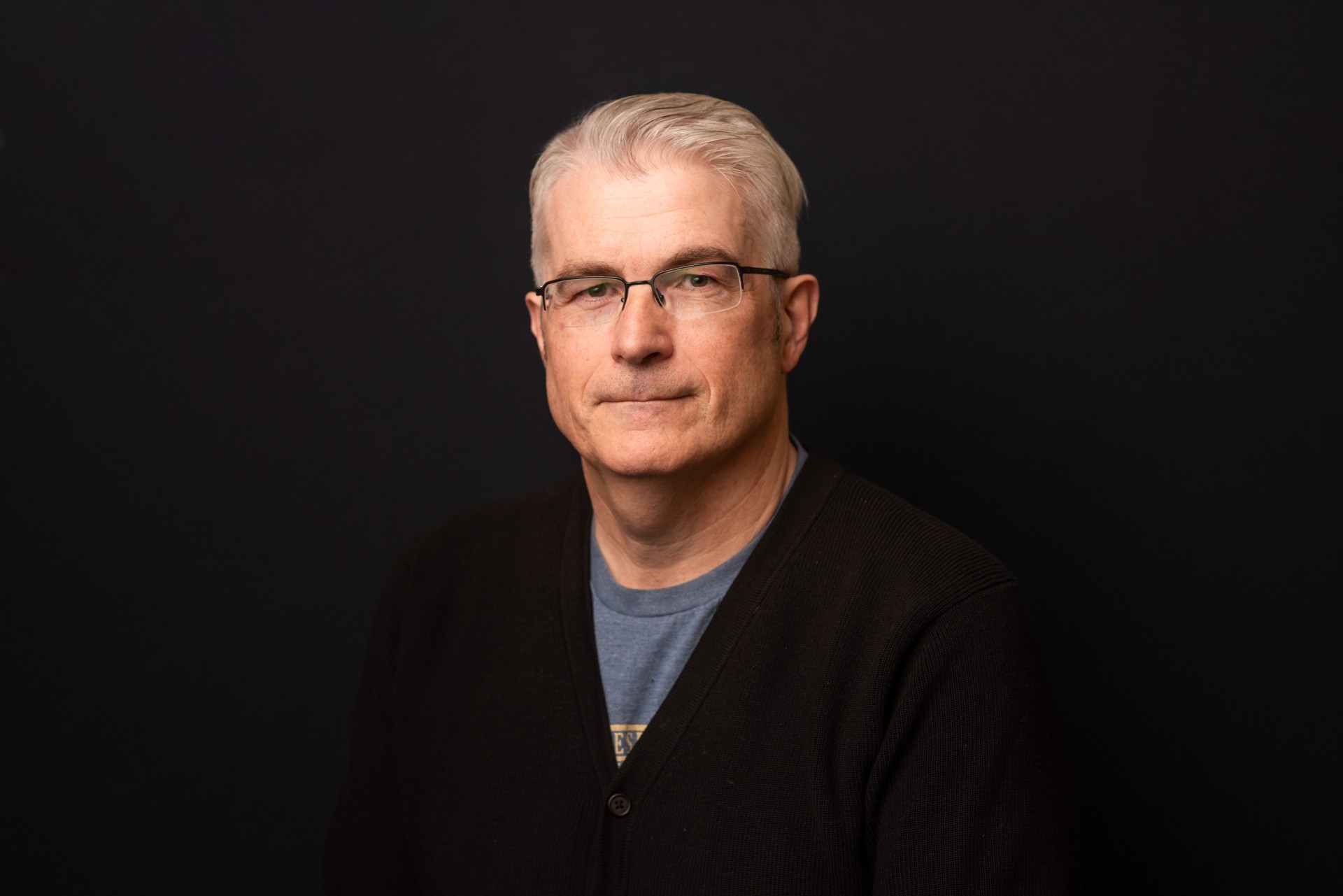
As announced in a town hall on February 7, McGill is facing substantial budgetary challenges, with annual deficits expected to rise if no corrective measures are implemented. As part of this process, McGill launched Horizon McGill in February to streamline operations, improve efficiency and maintain its status as a leading global institution.
Prof. David Stephens has been named Academic Lead for Horizon McGill.
A statistician specializing in theoretical work in Bayesian computational statistics, Stephens has served as Chair of the Department of Mathematics and Statistics and, most recently, as Vice Dean of the Faculty of Science.
This new role may be his most demanding yet.
“These are difficult times for our community. People feel uncertain about their future and their job security,” said Stephens. “I believe in Horizon McGill’s potential to benefit the University and our community, but the road ahead will be challenging.”
Optimizing efficiency
As Academic Lead, Stephens serves as a bridge between Horizon McGill’s Steering Committee and its working groups. Provost and Executive Vice-President (Academic) Christopher Manfredi and Vice-President (Administration & Finance) Fabrice Labeau chair the Steering Committee.
“The working groups are mandated to suggest ways to simplify processes, eliminate bureaucracy and ensure McGill’s academic and administrative services – from admissions to procurement – are delivered efficiently and effectively to meet community needs,” said Stephens. “My role will be to synthesize input from the working groups and report to the Steering Committee.”
Stephens will work closely with deans and senior administrators who co-lead the working groups.
Academic assessment
As part of the process, working groups will assess academic programs. This may mean eliminating existing courses or programs or adding new ones.
“We have to offer programs students want, ones that will attract them to McGill,” Stephens said. “This will involve consulting a broad range of stakeholders, including advisors, students and academic staff.”
For researchers, Horizon McGill will help identify how their overall working environment can be improved, Stephens said.
“The University’s role is to provide an environment where researchers can succeed,” he said. “This includes streamlined processes and support structures.”
Data collection and assessment
Phase 2 of Horizon McGill focuses on assessing existing operations.
“We have already begun to gather information through the UniForum survey that was shared in March,” Stephens said. “The results of this survey will help us evaluate the services in terms of user experience and satisfaction.”
Stephens emphasizes the importance of getting input from users from across the University.
“The more data we gather, the better understanding we will have of the areas that need to be improved. Maximum participation from the community is essential,” he said.
The next phase of the UniForum program, to be deployed in May, will consist of Activity Data Collection, a process aimed at capturing how time and resources are allocated across administrative functions at McGill. This information, combined with results from the Service Effectiveness survey, will enable McGill to benchmark itself against other partner institutions, identifying strengths and areas for improvement.
Working toward a better future for McGill
Stephens said he will maintain an open dialogue with the McGill community throughout the multi-year project.
“We have a website that will provide regular updates,” he said. “Transparency is key.”
As well, there will be meetings with stakeholders, including students, academic staff and employees. Stephens hopes that these interactions will foster a free flow of information and encourage participation from all members of the University community.
“It’s crucial that everyone’s voice is heard,” he said.
“These are difficult times, but we have to address our challenges as a community,” he said. “This process will make us more efficient and effective across the University,” he said.
Stephens said he believes that Horizon McGill is crucial for the University’s long-term success, but added that no matter what adjustments are made, the University’s core mission remains unchanged.
“The educational landscape is changing rapidly, and Horizon McGill will ensure we stay competitive. McGill will emerge stronger as an institution,” he said.
Learn more about Horizon McGill.
Learn more about UniForum.
Read the recent Q&A with Provost Christopher Manfredi, in which he discusses McGill’s budgetary challenges and Horizon McGill.
Read the recent Q&A with Fabrice Labeau, Vice-President (Administration and Finance), in which discusses the important role UniForum will play in the Horizon McGill initiative.
